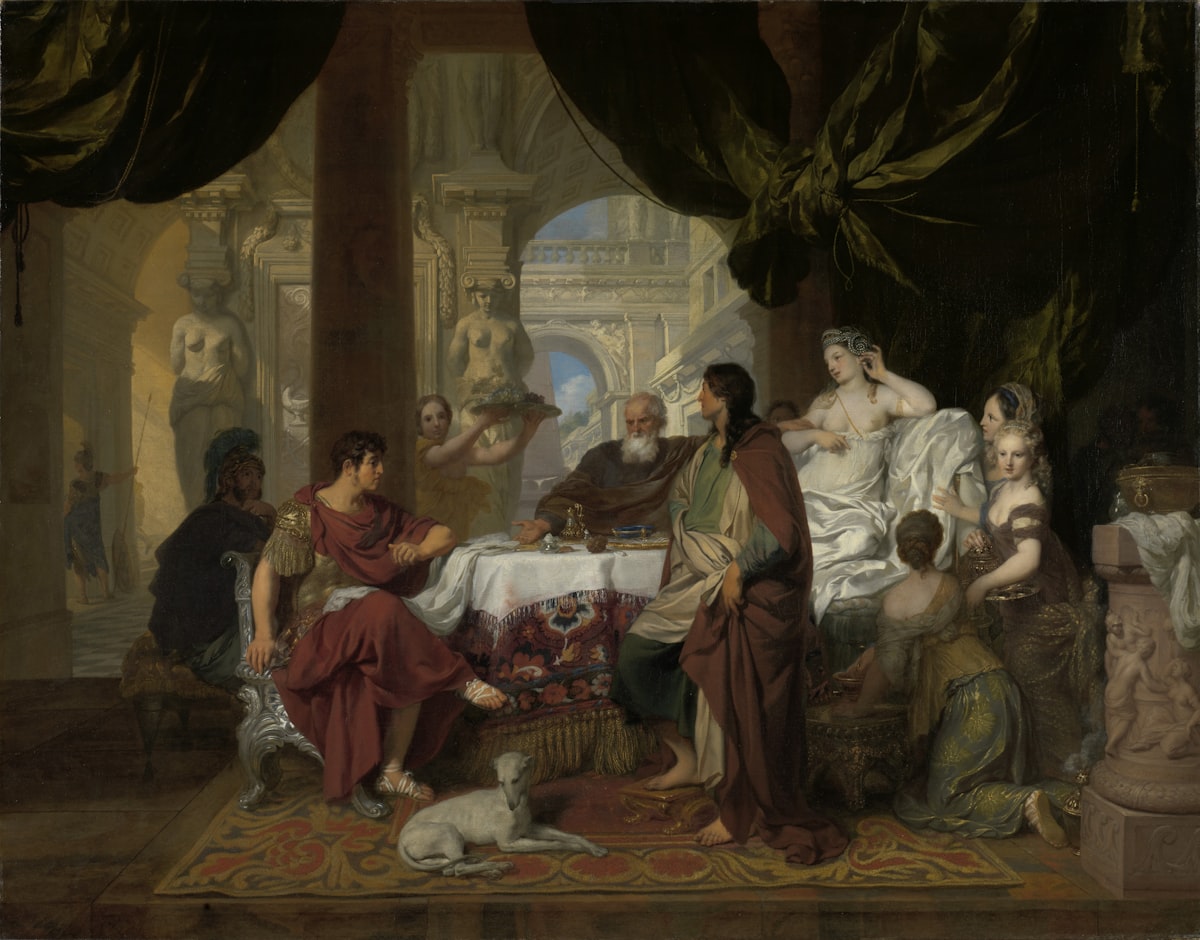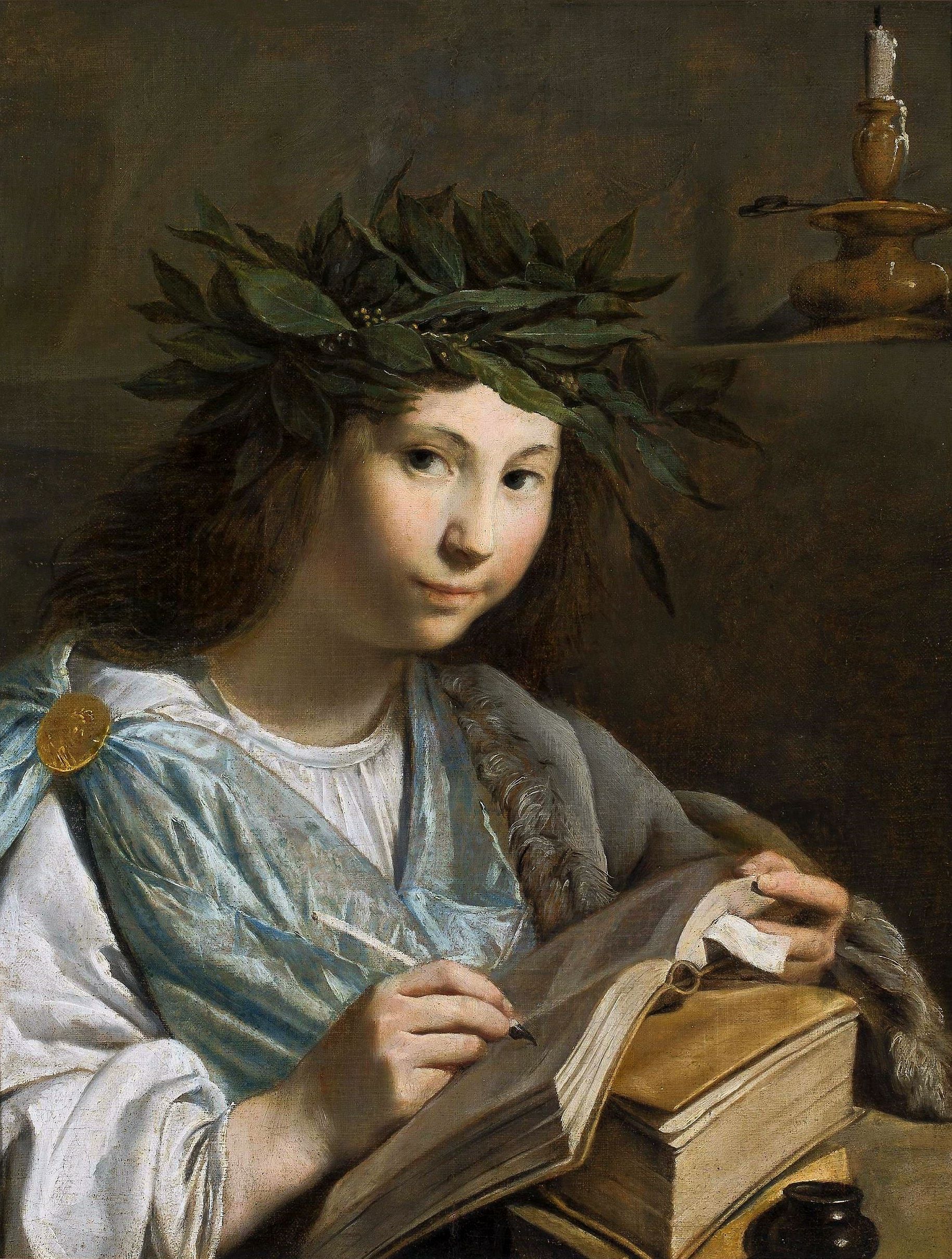The Importance of the Public Domain
The importance of an ever-growing public domain for humanity.

An ever-growing public domain is the most important thing when it comes to creation. When an original work is created, it always utilizes the public domain. Sometimes, "public domain" takes a very broad view - language and letters, for example. The example might border on absurd; after all, how else would you be able to convey anything? A point well taken, and while the example leans towards the extreme, it is nonetheless valid. If those two things weren't considered to be in the public domain - free from all copyright and unable to be copyrighted - you might not even be reading this. Never mind not reading this for a moment; you might not even have the right to read this.
Let's take a step forward, though, and use a more reasonable and current example: monsters. Zombies, vampires, werewolves, and every other creature of the night. Vampires had their time not long ago when Twilight and True Blood were at the height of popularity. Meanwhile, zombies have taken over, with The Walking Dead World War Z, and Call of Duty. Such creatures have their roots in a wide array of cultures - Wikipedia even has a list of the different kinds of vampires in different cultures. There are a few prominent reasons why the public domain is so important, and this is one: the survival of a culture's history. Most cultures have some sort of mythology or religion that they relate to younger generations. These stories and experiences are written and passed down continuously - in fact, it's the only way we have of knowing about them at all. If any of this was tied up in the hands of one person or entity that could make all the rules or control the narrative, as one can with copyright, it would've been an immeasurable loss. The freedom to copy the stories, adapt them into new formats, and deliver them to fresh eyes is a foundational requirement in keeping the culture alive to any degree. Even after all adherents might've passed on, the knowledge that something existed is something that should never be lost to history.
Of course, creation presupposes an existing, working knowledge. As Northrop Frye said:
“Poetry can only be made out of other poems; novels out of other novels.”
It's an important observation. Creating something usually presupposes some kind of knowledge. That is certainly the case with creatives now; you can expect that someone who writes novels will be a voracious reader, someone who directs movies watched many in their youth, and that an artist such as a painter or sculptor admires the work of the Masters before them. All of this can be summed up in one word: influence. Influence is a driving force for creativity. You can always find an influence of something in someone's work. Maybe they glanced at something and it stuck with them; maybe it's something they enjoyed in their youth; maybe it's something that they researched intensively. And the chain keeps on going. People are influenced by people who were influenced by other people who were influenced and so on. We draw on the works that came before us for inspiration. We can take bits and pieces that appeal to us and leave the rest, or we can take everything, but change a few variables - just enough so that it's something new.
One wonderful example is Cinderella:
- Disney's live-action Cinderella came out in 2015.
- Disney had an animated version of Cinderella in 1950.
- A darker version was published in 1812 by the Brothers Grimm.
- But the most popular adaptation is Charles Perrault's Cinderella; or, The Little Glass Slipper, published in 1697.
- But even before that, there was Giambattista Basile's version, the first in Europe - all the way back in 1634.
We're still not done. It keeps going, weaving through different periods and cultures. The earliest of these Cinderella stories can be traced to around 7 BC - more than 2,000 years ago. And these are just those we know about. There are likely to be many more that we'll never get a chance to read because they weren't properly preserved. But this 2,000-year-old chain influence has come to us in the modern-day - as captivating as it was through the ages.
And for something to be preserved through the ages, it must, of course, be allowed to. That's simply impossible in some cases today, where film studios have allowed older films to literally disintegrate because they lacked the desire or money to preserve them. Some of these films are orphan works - they are covered by copyright, but have no identifiable owner. Many don't want to take the risk of someone popping up out of nowhere and claiming their rights to a work, though. There exists no legal framework within which it'd be possible to save those works. To preserve a work, it must be fixed or copied. Once it's gone once, if there's no replica, it may as well be lost forever.
Problematically, even non-profits, scholars, and other non-commercially motivated entities aren't able to preserve some of these older works. Even more problematic is that this is a time-sensitive matter. Material disintegrates over time - paper, film, etc. Some books have only made it until now because they were copied by scholars in the past; the very original works may be lost to history, but they survive and sustain thanks to the thankless and dutiful efforts by individuals through time. Each work that is lost when it could've been saved is a loss for humanity of something that could be influential down the road to someone discovering it afresh for the first time.
And thanks to the efforts of organizations like Project Gutenberg, there are hundreds of thousands of people discovering new books for the first time. And just as important is that they are often able to do so for free when they might otherwise not have been able to afford it. Public domain material is a cornerstone and foundational aspect of education, and its freedom is the main reason. Teachers and students have access to a significant amount of knowledge and information that can be used in class or on their own for projects or businesses that they might be interested in. You'll probably read Tom Sawyer, The Prince, or The Declaration of Independence in class - and thanks to the public domain, these works can be had for free or very cheap. Education is responsible for lifting untold millions out of poverty - and it would suffer significantly if the public domain didn't exist.
Digitization has proliferated these works even more. Now, anyone with an internet connection has free access to the greatest surviving works available. It helps level the playing field in an age where knowledge is more important than ever. And as that trend doesn't show signs of slowing down, it's become even more important to have a broad, deep public domain. Without one, we're due for another Dark Age.
